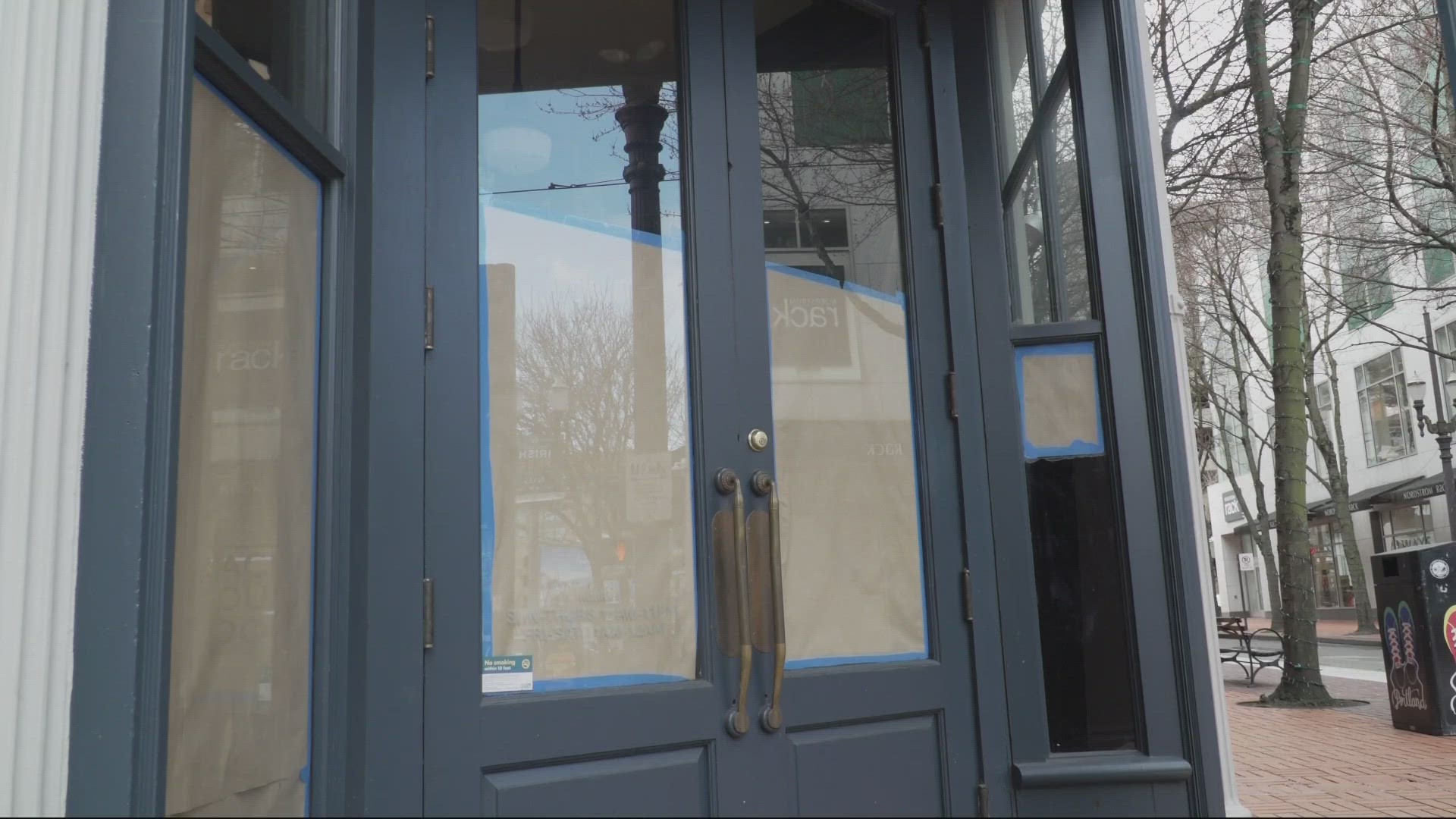PORTLAND, Ore. — Tents lining the sidewalks alongside empty office space is now an all-too-common sight in downtown Portland. Samantha, who sleeps on the corner of Southwest Alder and 4th, describes it as being akin to torture.
“It makes me angry that they’re just sitting there vacant,” she said. She’s lost two toes from the cold and living outside. She's tried finding affordable housing but hasn't had any luck. “It’d be great to see some of these vacant buildings turned into housing so they could help the homeless people get off the street.”
In effort to do just that, Portland’s new Housing Commissioner Carmen Rubio sent out a survey to development professionals earlier this month to learn what needs to change to make way for more affordable housing. North Portland architect Daniel Kaven was one of the more than 600 people to fill it out.
“The process is really slow and cumbersome currently,” Kaven said. "The focus on what is deemed affordable qualified by the government and the process to go through I think is a bit misguided."
“It’s important for us to understand from those who are involved in the development of housing what some of the issues and constraints are from a policy perspective,” added Ken Ray, spokesperson for the city’s Bureau of Development.
One of the main concerns revealed in the survey is when certain permit payments are due, which can impact how quickly a developer can start building.
“One of the issues we’ve heard from developers over the years is requiring upfront payments on development charges when permits are issued can be onerous and can delay the issue with the permits,” said Ray.
On Wednesday, Portland City Council passed two ordinances that could make it easier to convert empty office spaces like the ones on the corner of Southwest Alder and 4th into housing. It’s also in an effort to address the growing vacancy rates in the city’s central business district, which have gone up nearly 26% and are expected to continue to rise. It could also complement Commissioner Rubio’s efforts to bring more affordable housing to Portland.
In a press release, the city outlines the two ordinances as follows:
- Exemptions for System Development Charges: Exempts qualifying conversion projects from all System Development Charges up to the amount of the actual cost of the seismic retrofit or $3 million, whichever is lesser. Eligible conversions still must comply with Inclusionary Housing requirements. This exemption will expire and be re-evaluated in July 2027.
- Adjustment for Seismic Standard: Adjusts the seismic improvement standard for R-2 classified buildings, which is consistent with the level of safety required by other major cities in seismic areas, like San Francisco.
“These new steps will support greater activation in public spaces and increased foot traffic for small businesses to help revitalize the Central District," Rubio said in a statement. "It will also help achieve our goals for sustainability by increasing density and repurposing buildings in the central city and connecting people with transit to reduce commuting.”
It’s not clear which buildings could be converted, or whom the housing will be geared toward.
Mayor Wheeler called the move an “innovative” approach, saying in a statement:
“Recognizing the enormous cost of office conversions, the City is acting to create greater financial feasibility for conversions that produce additional housing in the central city, and drive investment into empty offices for more vibrant neighborhoods in safer and more sustainable buildings … While this isn’t a silver bullet, it’s a positive tool to overcome structural and financial barriers to reinvestment into buildings and neighborhoods. We continue to seek more state-level financial support in order to achieve scale.”
It's a move that people living on the streets have been longing for for years. KGW reporter Blair Best asked Samantha, who’s experiencing homelessness, if she ever sleeps outside of a vacant building.
“Yeah, all the time,” she said. “(It makes me feel) worthless. I wish I could get inside.”
These are all just first steps in the city’s plans to change policies to make it easier to build more affordable housing. The city’s multi-agency coordination group, as outlined in the Gov. Tina Kotek's homelessness state of emergency, has until Friday to submit plans as to how they are prioritizing building affordable housing as part of the Governor’s statewide goal to build 36,000 affordable housing units each year.

